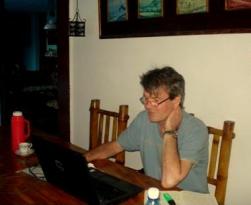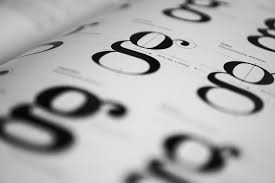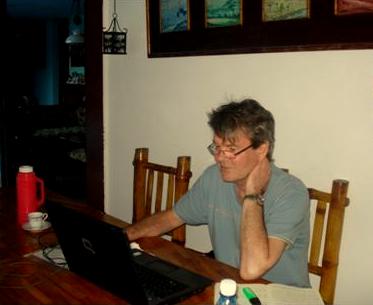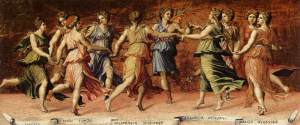
“Born in Leicester in 1946, she says her generation was one of the last to truly be free. She would often play in abandoned buildings and pick fruit without the concern for today’s myriad dangers.”
Sue Townsend. Author of The Secret Diary of Adrian Mole, Aged 13¾.
Born five years later than Sue Townsend, I did what I liked as a child: played football in the street, played on railway lines, walked through tunnels, played on private land, swam in private lakes, stole fruit and much, much more. Not one person that I knew was hurt seriously. Nobody had any money. We never noticed.

What do today’s children do? They stare into screens on their phone, their tablet, their computer and their TV. What do these screens do? They sell them stuff. Do they play? No, they don’t.
Their parents are children too. They grew up with similar, less advanced, stuff, but they too are utterly brainwashed. What do they do? They shop…and shop and shop and shop. Must have the latest car, must have the new reg so everyone can see it and think what a successful person I am. I am skinting myself but that doesn’t matter – I have a new car. And it’s one of those BIG cars, four wheel drive, an SUV, one of those really expensive cars that are not really very safe, much less safe than smaller cars, and a nuisance to everybody else, but who cares? I have one and it’s new, for six whole months, then I shall have to get another new one. You see, a car is no longer a means of getting from A to B. It’s a status symbol for idiots.
The kids buy jeans with holes. You can’t make the holes yourself? We did, years ago. So the marketers steal the idea (as they always do) and sell it back to the kids. But they wouldn’t be so stupid as to pay £100 for jeans with holes would they? Oh yes they would. And fades too, we used to do that, it’s easy. No thanks say the morons, we’d rather pay £100 for them. It’s my stupid parents’ money anyway.
Just look at all those sofas. They’re the same as last week’s sofas and last month’s sofas. Got to have one. And there’s £200 off (of course there is) and it’s blue; the one we have is grey. And the sale ends tomorrow! (of course it does).

Must have the latest phone. Why? Because all my friends will have it. Hmm. And it will sell me stuff quicker. What? It’s out of date already? Get me the latest. Must have the latest.
Must have the latest fashion. Can’t you be original, be different? Create something yourself from a charity shop or an independent shop? What’s independent? Oh dear.
What are you doing on Saturday? Sunday? Shopping, it’s cool.
I’ve just been on holiday. Where did you go. Africa. Whereabouts in Africa? Don’t know. Stayed by the pool.
What’s on TV? Adverts, increasingly moronic adverts. I like adverts. What were you watching? Celebrity Big Brother. Oh.
Big Brother is a term created by George Orwell. Did you know that? Who’s Grant Orwell?
Did you know the world is slowly being destroyed? That we are polluting it with waste? Much of it from over-shopping? Er…
Did you know the most beautiful animals in the world are becoming extinct? That we murder them for clothes, for ivory, for fur? Er…
Did you know your clothes were made by children earning fifty pence a day? Er…
Did you know that 85 people in the world have as much money as the poorest 3.5 billion? Er…
All because of shopping.
All because economies run on shopping. And massive overproduction. And persuading idiots to keep buying and buying and buying. New cars when they’re not needed. Sofas that are not needed. Clothes that are not needed. Computers that are not needed. Phones that are not needed.
And holes, Jesus, you pay money for holes. You literally spend money on nothing.
How can you be taken in by these stupid adverts? They’re utterly brainless. Surely you don’t believe them do you? How can you? Nobody could believe that stuff.
Can you think for yourself? Er…
Is your brain full of the stupid stuff that your phone vomits out? Er…
Do you have a brain?
Er…
“He tries to tell himself that all this…the warehouses, the shops and banks – is real, but it feels like an elaborate pantomime, a sham.”
Ian McGuire: The North Water.











